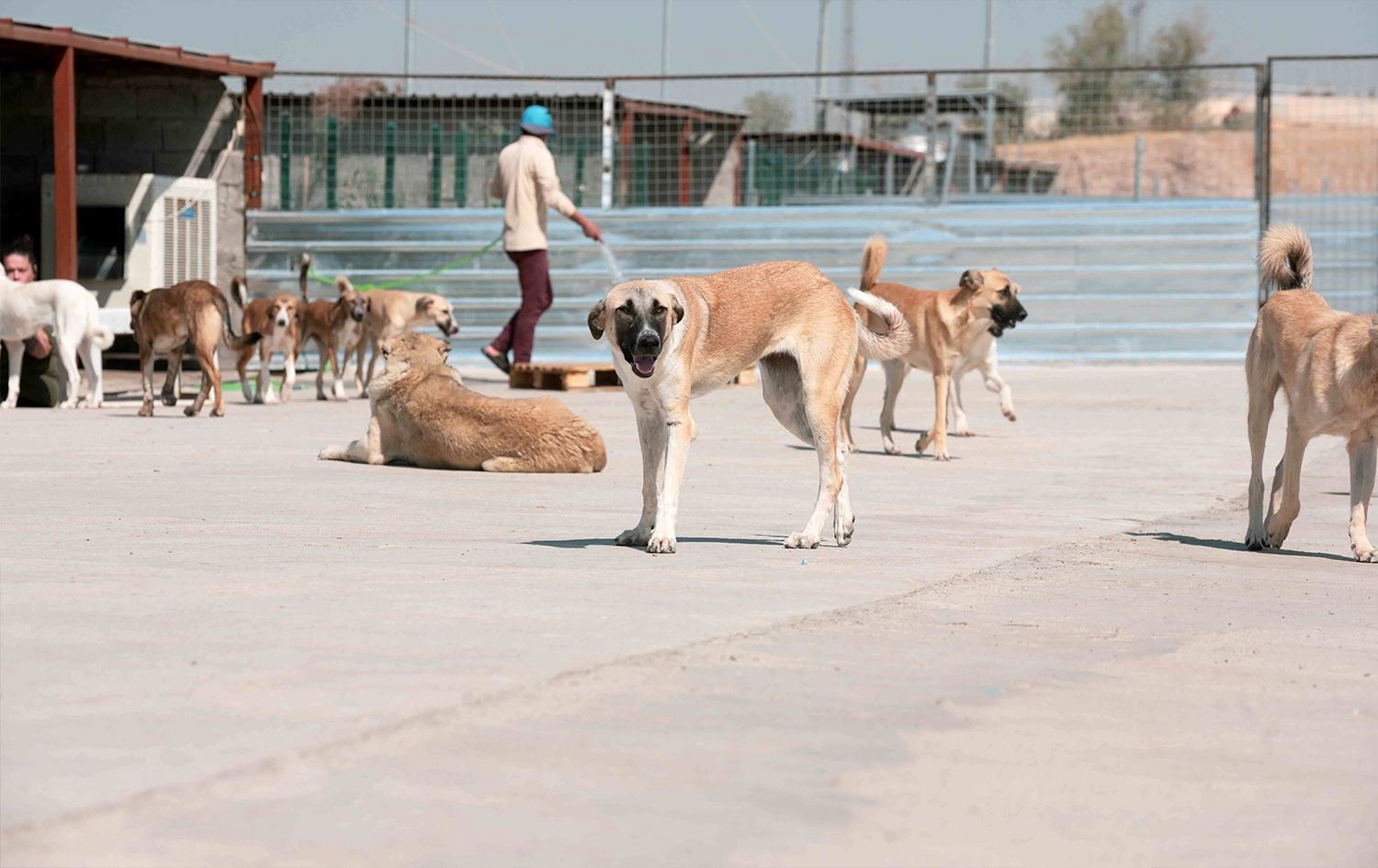Iraq Authorities Launch Campaign to Poison Stray Dogs, Prompting Activist Backlash
Authorities in Mosul, Iraq, have begun a large-scale campaign to poison stray dogs, following public complaints of attacks and harassment. Rafaat Smo, assistant to Nineveh’s governor, cited logistical challenges like the lack of shelters and funding as reasons for using poison over other methods. The decision has drawn sharp criticism from animal rights activists, who denounce the practice as inhumane and urge officials to adopt humane solutions, such as shelters and sterilization programs.
The Mosul Campaign, which began in the city center and is set to expand to surrounding areas, uses poison instead of weapons to avoid the sound of gunfire. Mosul lacks a dog shelter, and officials have stated that establishing one is challenging due to time and funding constraints. This practice is part of a broader trend in Iraq, where violence against stray dogs is common, and similar campaigns have been conducted in other regions.
Advocacy for Humane Alternatives
Animal rights activists have consistently urged authorities to adopt humane methods, rather than resorting to measures like poisoning. Their efforts emphasize the importance of addressing the root causes of stray animal populations, such as resource shortages and lack of awareness. Activists argue that solutions like sterilization programs and the establishment of shelters not only tackle the issue effectively but also align with ethical standards.
Stray dogs are seen at a shelter in Erbil in October 2020. Photo: Bilind T.Abdullah/Rudaw
A Unified Effort: Policy, Community, and Global Perspectives
Animal rights activists adopt a multifaceted approach to advocate for the humane treatment of stray animals. At the policy level, they work to influence laws and regulations that prioritize ethical and sustainable solutions, collaborating with governments and organizations to shape frameworks for long-term animal welfare. These efforts are complemented by grassroots initiatives, where activists engage communities through workshops, adoption programs, and volunteer-driven projects, fostering empathy and reducing hostility toward stray animals.
On a global scale, activists share strategies and resources, learning from successful practices in different regions to create a united front for animal welfare. By integrating policy advocacy, community involvement, and international collaboration, animal rights activists amplify their impact, championing compassionate solutions that transcend borders and inspire change worldwide.
The role of animal rights activists is indispensable in addressing the challenges faced by stray animals. Their advocacy, education, and policy initiatives are key to fostering a compassionate and humane society. As Iraq's Mosul campaign unfolds, it serves as a stark reminder of the urgent need for ethical solutions and the crucial efforts of those who champion animal rights.


